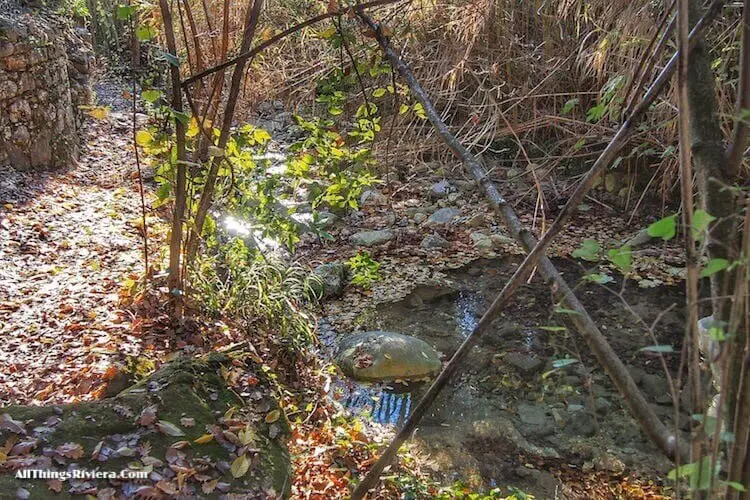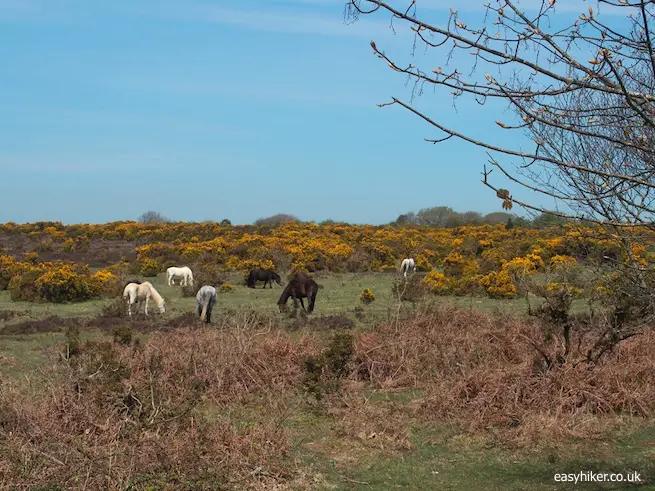Guest Post
You thought that, when going hiking, missing the last bus home and leaks in the water bottle that ruin your backpack and everything inside were the biggest risks on the sort of tame outdoor “adventure” that we regularly advertise in these parts?
Wrong – as you will find out in the following guest post.

Discovering the great outdoors can be an exciting time for many beginner hikers. You’ve probably made a list, checked it twice and are making the necessary preparations. There is, however, one thing that may not have crossed your mind.
While we’re seeking outdoor activity when it’s sunny outside, ticks are no different. During warmer months ticks are at their most active, meaning they are more likely to spread disease.
You don’t have to go on a tropical holiday to get bitten by an infected tick. This unwanted travel companion can be encountered in many European countries, hiding in long grass.
If you’re planning a hiking trip to Eastern and Central Europe (anywhere east of southern Germany and sub-arctic Sweden in the North), read on to find out how to return home with great experiences and memories (and not a disease).

No matter how small, ticks could be more than a mild nuisance
You may be aware that ticks can transmit Lyme disease. However, you may not know in many European countries they can also carry a nasty virus that causes tick-borne encephalitis (TBE).
Encephalitis means inflammation of the brain and TBE can cause fevers, headaches and nausea, and in some cases convulsions and paralysis.
The risk of catching TBE is not particularly high: about ten to twelve thousand cases are reported every year in Europe, and it is estimated that 1 case occurs per 10,000 human-months of woodland activity.
If you do get TBE, however, there is no known cure, and you may die (as approx. 1 in 50 patients does) or suffer long-term irreversible health damage, making the illness a classic case for a low-probability, high-impact eventuality.
“Tick-borne encephalitis is a relatively unknown disease that can have truly devastating consequences,” says Ava Easton, Chief Executive of The Encephalitis Society. “It is vital that anyone planning to spend time outdoors in these endemic European countries speak to their healthcare professional and take measures to help protect themselves from this disease.”
How do I know if I’ll be at risk of picking up an infectious tick when going hiking?
Most people who are infected by TBE catch the disease in an endemic area during outdoor leisure pursuits, such as hiking during spring through to early autumn. It’s therefore important to know if the area you are travelling to is affected by ticks and TBE.
When going hiking in an affected area, what can one do?
It’s not possible to tell if a tick is infected just by looking at it, but there are preventative measures that you can take.
There is a misconception that removing a tick quickly means that it will not pass on a bacterial disease or virus. Viruses such as TBE are transmitted through the tick’s saliva, meaning that a virus can be passed on as soon as the bite occurs.
Tick bites can even go unnoticed, especially if you’re busy enjoying your holiday. Not only are ticks very small, but their saliva also contains a natural anaesthetic, meaning that you may not feel the bite.
Speak to your healthcare professional about how you can help protect yourself against tick-borne encephalitis (TBE), at least four weeks ahead of your holiday.
When packing for a hiking holiday in an affected area, consider including some long-sleeved tops and long trousers to keep covered up and of course, plenty of insect repellent.
There are vaccines available that can help to protect against TBE. Be aware, however, that the Centres for Disease Control and Prevention, the leading national public health institute in the US, recommends vaccination only for those who will be extensively exposed in high risk areas.
Something worth thinking about when planning your next hiking trip – don’t let these little bugs ruin any of your future holidays!

If you want to find out more on the topic of TBE, please go to the website of the European Centre for Disease Prevention and Control or to the advice page of Britain’s National Health Service ).
*This public information post is based on an awareness campaign press release from Pfizer.






